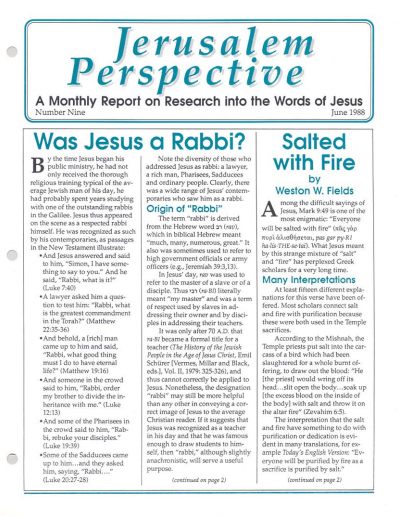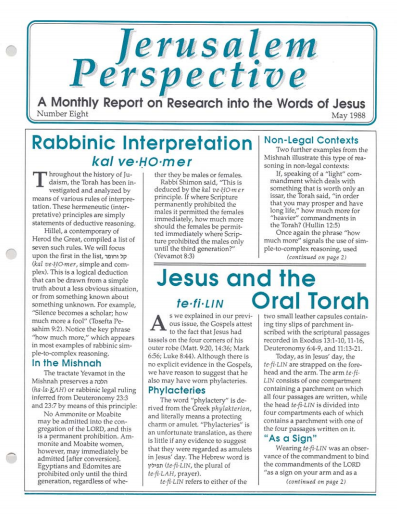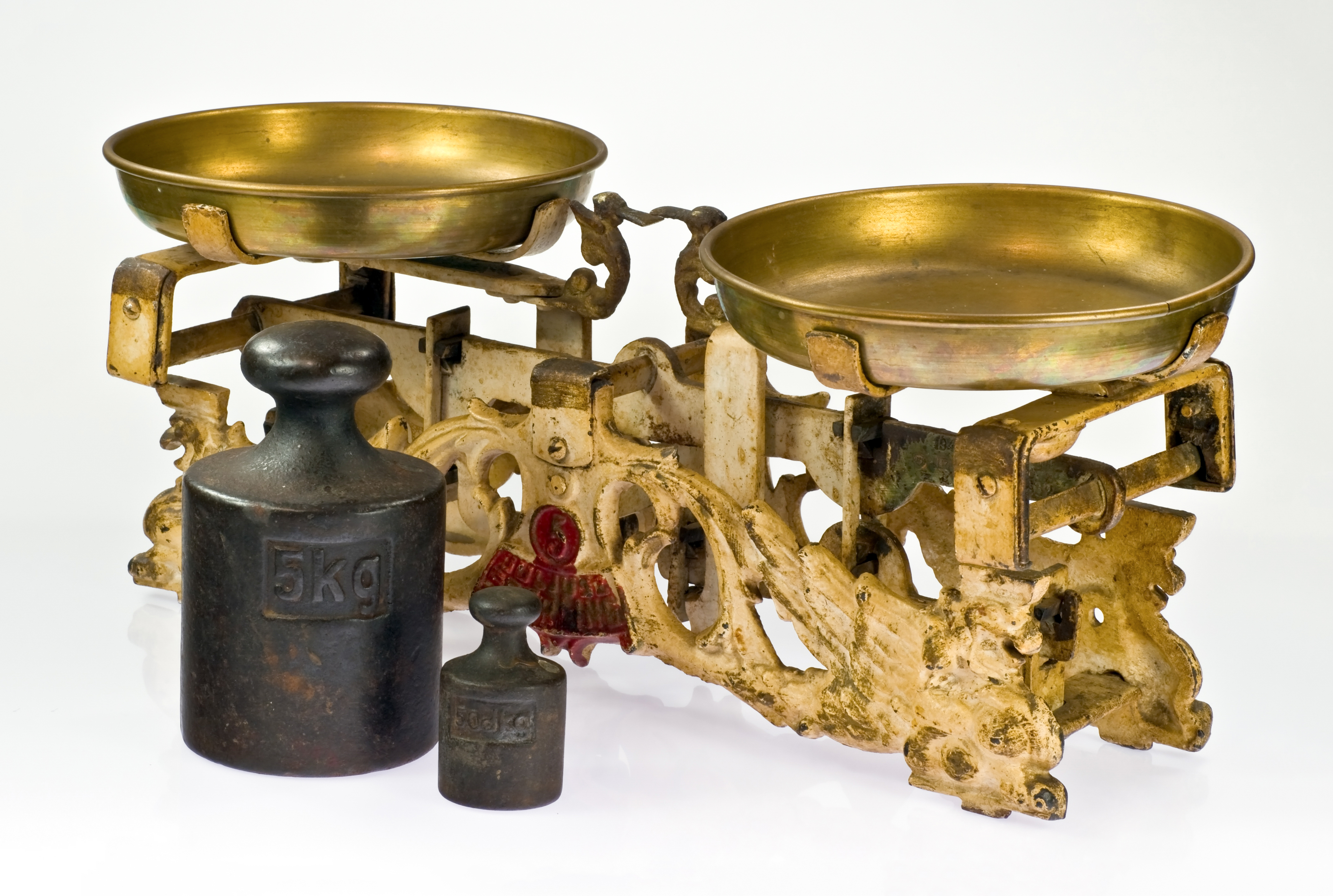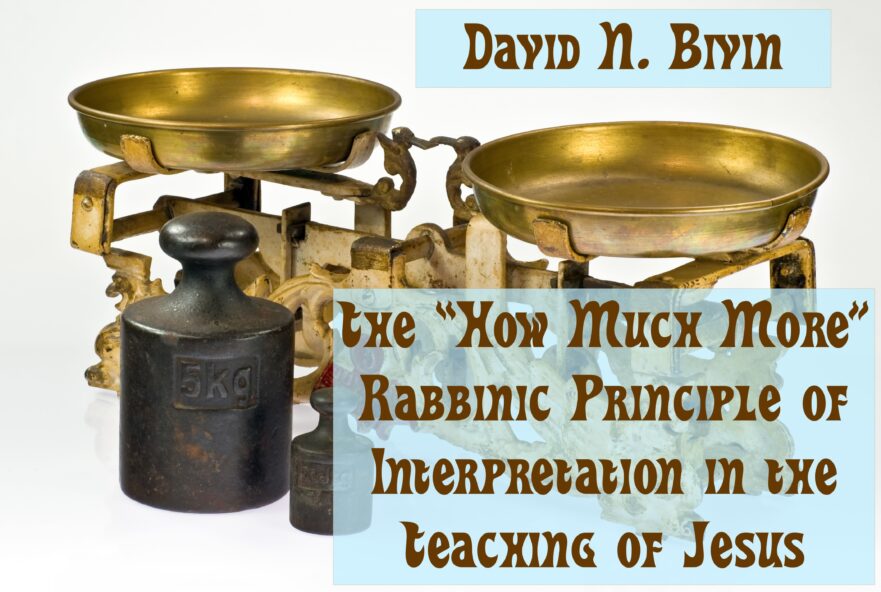Throughout the history of Judaism, the Torah has been investigated and analyzed by means of various rules of interpretation. These hermeneutic (interpretative) principles are statements of deductive reasoning.
The sage Hillel, a contemporary of Herod the Great, compiled a list of seven such rules. We will focus upon the first in the list, קַל וָחֹמֶר (qal vāḥomer; “simple and complex,” “kal vahomer”). This is a logical deduction that can be drawn from a simple truth about a less obvious situation, or from something known about something unknown. For example, “Silence becomes a scholar; how much more a fool” (Tosefta, Pesahim 9:2). Notice the key phrase “how much more,” which appears in most examples of rabbinic simple-to-complex reasoning.
In the Mishnah
The tractate Yevamot in the Mishnah preserves a halachah, or rabbinic legal ruling, inferred from Deuteronomy 23:3 and 23:7 by means of this principle:
No Ammonite or Moabite may be admitted into the congregation of the Lord, and this is a permanent prohibition. Ammonite and Moabite women, however, may be admitted immediately [after conversion]. Egyptians and Edomites are prohibited only until the third generation, regardless of whether they be males or females.
Rabbi Shimon rules that Egyptian and Edomite women may be admitted immediately. He said, “This is deduced by the “how much more” principle. If, where Scripture permanently prohibited the males, it permitted the females immediately, how much more should the females be permitted immediately where Scripture prohibited the males only until the third generation? (m. Yevamot 8:3)
Non-Legal Contexts
Two further examples from the Mishnah illustrate this type of reasoning in non-legal contexts:
If, speaking of a light commandment that deals with something that is worth only an issar [a small bronze coin], the Torah said, “in order that you may prosper and have long life,” how much more for heavy commandments in the Torah? (m. Hullin 12:5)
Once again the phrase “how much more” signals the use of simple-to-complex reasoning, used here to urge the observance of all the commandments, whether they are major or relatively insignificant. The specific commandment referred to, found in Deuteronomy 22:6-7, commands that a mother bird be released when caught with her young. In the time of the sages a bird was valued at one issar, about one twenty-fourth of a day’s wage.
Premium Members and Friends of JP must be signed in to view this content.
If you are not a Premium Member or Friend, please consider registering. Prices start at $5/month if paid annually, with other options for monthly and quarterly and more: Sign Up For Premium



- [1] Mishnah, Berachot 9:5; Shevi'it 7:2; Yevamot 8:3; Nazir 7:4; Sotah 6:3; Kiddushin 4:14; Bava Batra 9:7 (2xx); Sanhedrin 6:5; Eduyyot 6:2; Avot 1:5; Zevahim 12:3; Hullin 2:7; 12:5; Bechorot 1:1; Keritot 3:7, 8, 9 (2xx), 10; Nega'im 12:5. ↩
- [2] Matt. 7:11 (= Luke 11:13); Matt. 10:25; Luke 12:28 (= Matt. 6:30); and Luke 23:31. ↩
- [3] Mishnah, Hagigah 2:7. ↩




Comments 1
Excellent article! Toda rabbah!